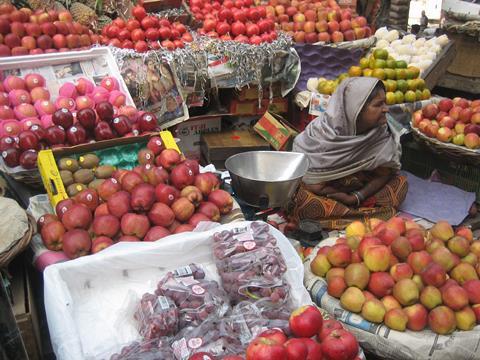
Delhi High Court, together with India’s Supreme Court, is pushing for more stringent food safety surveillance measures on produce sold at the capital’s markets following reports revealing alarming levels of pesticide residues.
A court-sanctioned committee has been conducting a probe into the safety of food items after earlier studies from non-profit groups flagged harmful residues in produce sold at city markets. The committee’s recent tests on food items sold found a fraction of them to be unfit for human consumption due to excessive pesticide residue levels.
The court has ordered the government of New Delhi to set up a Pesticide Residue Management Cell within four weeks to address the issue, according to local reports from the Wall Street Journal.
The court has also requested the city’s government and Ministry of Agriculture act quickly to make consumers and farmers aware of the presence of banned pesticides in their food.
As a short-term measure, state and national governments have been urged to translate information about pesticides into local languages and circulate them at vegetable stands, railway stations and bus stops.
The court has also called for more stringent testing procedures. It wants surprise checks carried out once a month at major markets on both locally grown and imported produce.
Imported fruit and vegetables will also come under tougher screening measures under the committee’s plans, with samples to be drawn by plant quarantine departments at international arrival points and monitored for the presence of pesticide residues.
In 2010, a study by Delhi-based non-profit group Consumer Voice into pesticide levels in food flagged alarming residues on produce sold in city markets, according to the WSJ. Their discoveries included residues that were up to 750 times the European standard as well as traces of chemicals that were banned from use on health grounds.
The study tested for 106 types of pesticides at a government-accredited laboratory, and found food samples from New Delhi, Bangalore, Kolkata and Mumbai, among other cities, to container harmful levels of pesticides, the WSJ reported.
Consumer Voice found that mangoes, for example, contained DDT, a pesticide that has been banned since the 1970s. Other foods contained pesticides believed to cause cancer, kidney and lung ailments, as well as other long-term illnesses, the non-profit organisation found.



